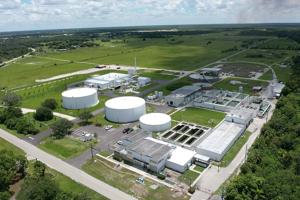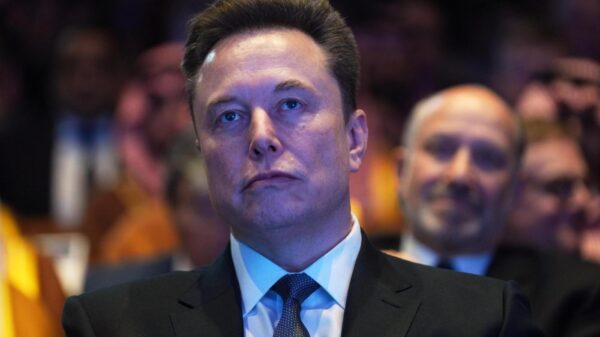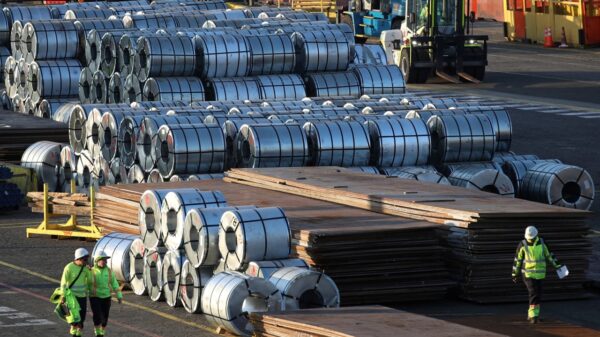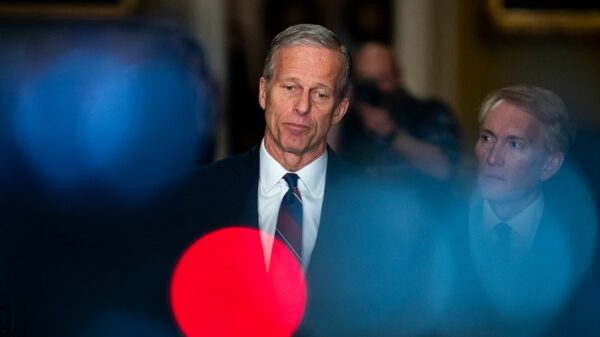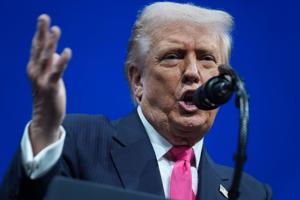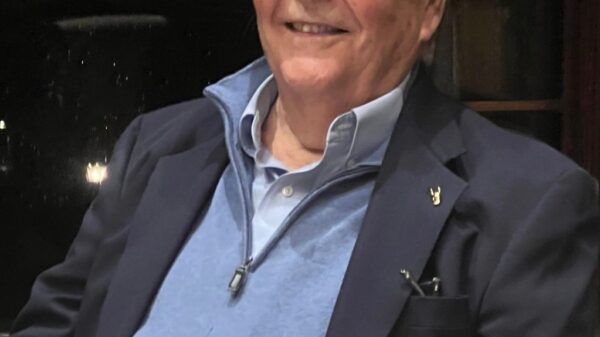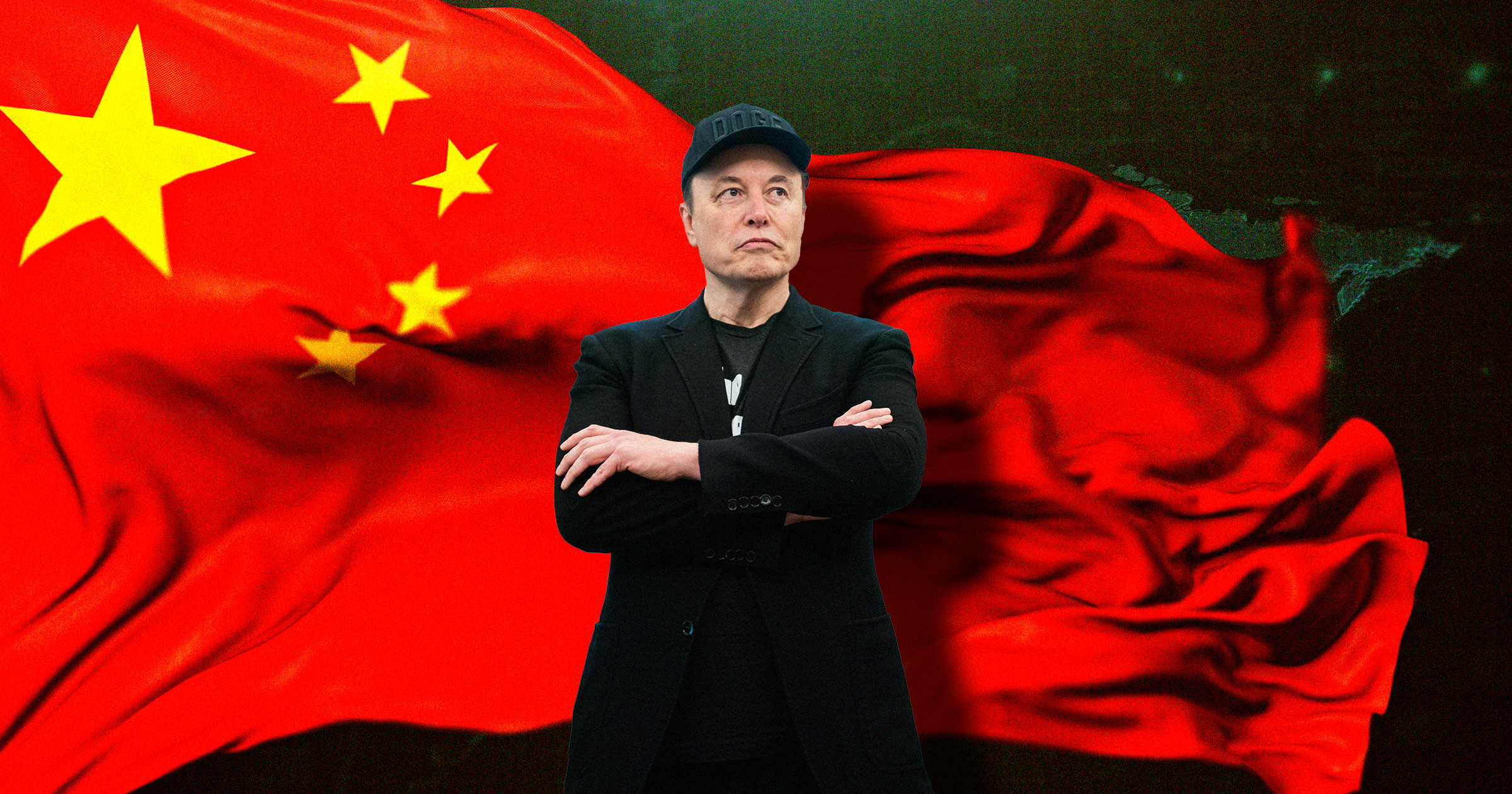Newly revealed testimony indicates that SpaceX, the aerospace company founded by Elon Musk, has accepted investments from Chinese investors, despite its close relationship with the United States military. According to a report by ProPublica, Iqbaljit Kahlon, a significant investor in SpaceX, confirmed during a deposition in 2024 that “they obviously have Chinese investors to be honest,” with some identified as shareholders. This revelation raises serious concerns about potential foreign espionage risks associated with the company’s operations.
The implications of this development are profound, particularly given SpaceX’s role as a major contractor for the U.S. Department of Defense. Reports suggest that SpaceX has facilitated Chinese investments by ensuring funds are funneled through offshore locations, such as the Cayman Islands. This strategy appears aimed at evading scrutiny regarding its financial connections to China. Notably, SpaceX canceled a $50 million deal with a Chinese firm in 2021 after the transaction became public, highlighting the company’s attempts to manage its international image.
In response to the March revelations about Chinese investments, several Democratic lawmakers expressed their concerns in a letter to Pete Hegseth, the Secretary of Defense, and NASA. The letter emphasized “concerns about perceived and actual conflicts of interest” regarding SpaceX and its dealings with China. The testimony from Kahlon, revealed during a lawsuit in Delaware, suggests that SpaceX may be unwilling to disclose the full extent of its Chinese investment, which is particularly troubling given the sensitive nature of its work for the U.S. government.
SpaceX has been awarded numerous contracts, including multimillion-dollar deals for launching spy and weather satellites. According to Ars Technica, the company secured seven launch contracts from the Space Force and the National Reconnaissance Office in 2023, amounting to a total of $845.8 million. In contrast, its main competitor, the United Launch Alliance, received only two contracts during the same period.
Musk’s connections with China extend beyond SpaceX; he has fostered significant relationships with the nation through his electric vehicle company, Tesla. In an environment where the Trump administration has openly opposed Chinese influence, particularly in technology, Musk’s actions may exacerbate tensions. The administration has taken steps to restrict Chinese technology firms and combat their influence on American soil.
Concerns about Musk’s ties to China were further underscored during a February meeting of a House subcommittee. LaMonica McIver, a New Jersey Democrat, accused Musk of being China’s “top puppet,” and questioned the implications of allowing significant investments from foreign entities into a company that holds critical military contracts. She remarked that if lawmakers were genuinely concerned, they would hesitate to share their constituents’ information with an individual whose intentions remain ambiguous.
The revelations surrounding SpaceX’s acceptance of Chinese investments are likely to fuel ongoing discussions in Washington, D.C., about national security and foreign influence in American industries. As the military contractor continues to grow its operations, scrutiny over its international financial dealings will undoubtedly intensify.

